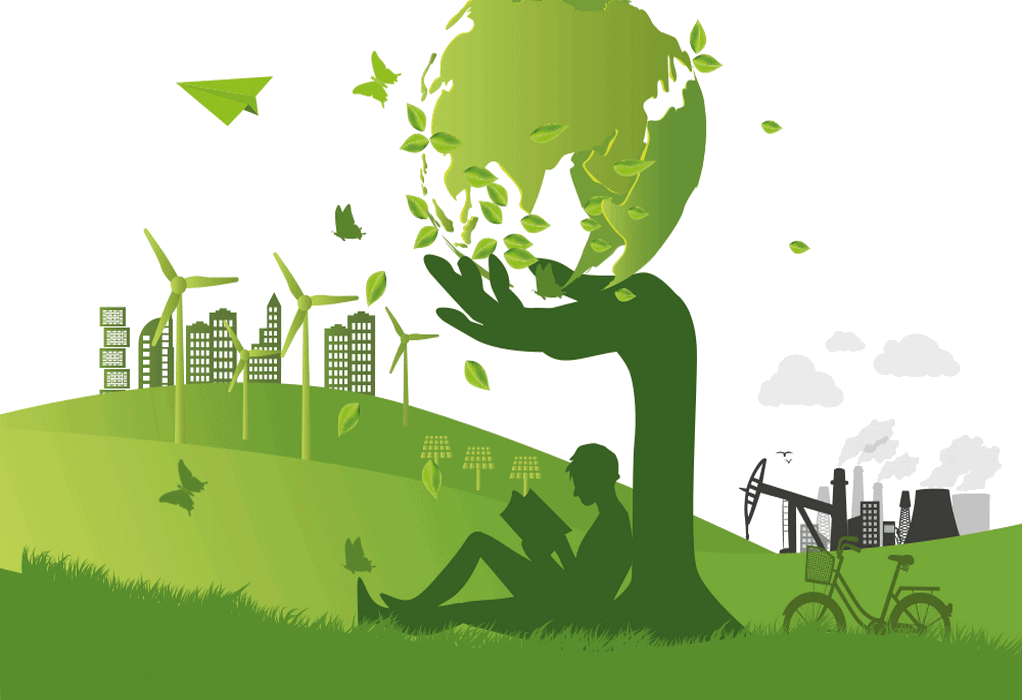India’s carbon trading framework is getting ready for its rollout, with the Bureau of Energy Efficiency (BEE) picked to administer the market. The framework may be released this year and the market for voluntary carbon trading too will open during the year.
BEE will assist the ministries of power and environment, which will separately come up with notifications on the carbon market, he said, adding an inter-ministerial body will take the final decision on the framework.
Perform, Achieve and Trade (PAT) scheme is a flagship BEE programme under the National Mission for Enhanced Energy Efficiency, and is a regulatory instrument to reduce the specific energy consumption in energy-intensive industries.
Power exchanges which enable the trading of the energy saving certificates (ESCerts) converted from the excess energy savings, are likely to be the trading platform for carbon credits too, under the carbon market framework..
Last month, the Indian Energy Exchange announced the setting up of a wholly-owned subsidiary, International Carbon Exchange Pvt. Ltd, to explore business opportunities in the voluntary carbon market.
Parliament passed the Energy Conservation (Amendment) Bill, 2022 on 12 December 2022, setting the stage for a carbon market in the country.
The draft blueprint of the national carbon market was released for stakeholder consultations in 2021. It proposed to initiate the development of a voluntary carbon market in India to overcome the barriers of ‘ESCerts’ market and to encourage voluntary entities to participate in meeting Nationally Determined Contributions commitments of India.
As per the draft, developing a voluntary carbon market from the existing PAT scheme will be spread over three phases, increasing the demand in the existing ESCerts market in the first phase, by focusing on making the instrument more fungible, adding more participant into the pool, and linking other markets in India with the proposed voluntary market, increasing the supply in the voluntary carbon market in the second and moving to a cap-and-trade system in the third phase. Under the cap-and-trade system, sectors and sectors-specific companies are earmarked for only a specific number of emissions.
According to a report by Intellecap, a carbon market would help as many leading Indian corporates have made commitments to become carbon-neutral and the market will provide flexibility to entities in hard-to-abate sectors and with high reduction costs to supplement their own reduction efforts with credits from the carbon market.
The market would incentivize entities with low reduction costs to reduce emissions beyond their mandate. Trading in the carbon market could reduce the overall cost of emission reductions in India.
Tags: BEE, Carbon Trade, India, PAT



Recent Posts
Port of Brisbane Unveils Vision 2060 to Drive Smarter, Cleaner, and More Connected Future
Wärtsilä to Deliver Hybrid Propulsion Systems for Vertom Group’s New Low-Emission Vessels
Latvian port receives electric Konecranes Gottwald Mobile Harbor Crane
Sustainable Ocean Economy Vital for Human Development, Says UNDP at UN Ocean Conference
Green Hydrogen Costs in India Could Drop by 40%, Says IEEFA-JMK Report
Cavotec Secures €1.55 Million Shore Power Contract for Port of Antwerp-Bruges
APM Terminals and SANY Marine sign landmark agreement to accelerate decarbonisation
The Port of Gothenburg takes big step towards shore power connection for container and car/RoRo vessels